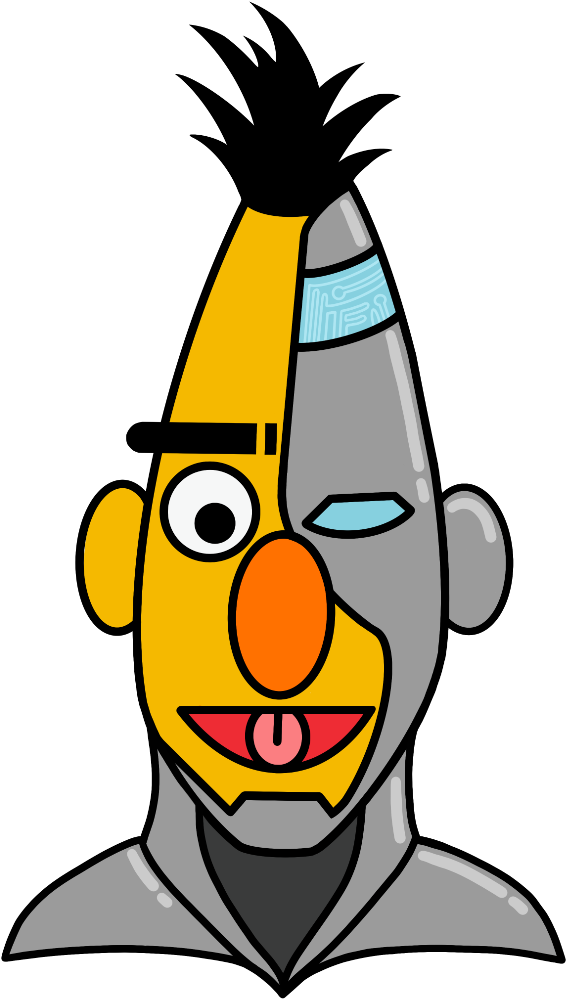Adapters is an add-on library to HuggingFace's Transformers, integrating various adapter methods into state-of-the-art pre-trained language models with minimal coding overhead for training and inference.
Note: The Adapters library has replaced the
adapter-transformerspackage. All previously trained adapters are compatible with the new library. For transitioning, please read: https://docs.adapterhub.ml/transitioning.html.
adapters currently supports Python 3.8+ and PyTorch 1.10+.
After installing PyTorch, you can install adapters from PyPI ...
pip install -U adapters
... or from source by cloning the repository:
git clone https://github.com/adapter-hub/adapters.git
cd adapters
pip install .
from adapters import AutoAdapterModel
from transformers import AutoTokenizer
model = AutoAdapterModel.from_pretrained("roberta-base")
tokenizer = AutoTokenizer.from_pretrained("roberta-base")
model.load_adapter("AdapterHub/roberta-base-pf-imdb", source="hf", set_active=True)
print(model(**tokenizer("This works great!", return_tensors="pt")).logits)import adapters
from transformers import AutoModelForSequenceClassification
model = AutoModelForSequenceClassification.from_pretrained("t5-base")
adapters.init(model)
model.add_adapter("my_lora_adapter", config="lora")
model.train_adapter("my_lora_adapter")
# Your regular training loop...from adapters import ConfigUnion, PrefixTuningConfig, ParBnConfig, AutoAdapterModel
model = AutoAdapterModel.from_pretrained("microsoft/deberta-v3-base")
adapter_config = ConfigUnion(
PrefixTuningConfig(prefix_length=20),
ParBnConfig(reduction_factor=4),
)
model.add_adapter("my_adapter", config=adapter_config, set_active=True)from adapters import AdapterSetup, AutoAdapterModel
import adapters.composition as ac
model = AutoAdapterModel.from_pretrained("roberta-base")
qc = model.load_adapter("AdapterHub/roberta-base-pf-trec")
sent = model.load_adapter("AdapterHub/roberta-base-pf-imdb")
with AdapterSetup(ac.Parallel(qc, sent)):
print(model(**tokenizer("What is AdapterHub?", return_tensors="pt")))HuggingFace's great documentation on getting started with Transformers can be found here. adapters is fully compatible with Transformers.
To get started with adapters, refer to these locations:
- Colab notebook tutorials, a series notebooks providing an introduction to all the main concepts of (adapter-)transformers and AdapterHub
- https://docs.adapterhub.ml, our documentation on training and using adapters with adapters
- https://adapterhub.ml to explore available pre-trained adapter modules and share your own adapters
- Examples folder of this repository containing HuggingFace's example training scripts, many adapted for training adapters
Currently, adapters integrates all architectures and methods listed below:
| Method | Paper(s) | Quick Links |
|---|---|---|
| Bottleneck adapters | Houlsby et al. (2019) Bapna and Firat (2019) |
Quickstart, Notebook |
| AdapterFusion | Pfeiffer et al. (2021) | Docs: Training, Notebook |
| MAD-X, Invertible adapters |
Pfeiffer et al. (2020) | Notebook |
| AdapterDrop | Rücklé et al. (2021) | Notebook |
| MAD-X 2.0, Embedding training |
Pfeiffer et al. (2021) | Docs: Embeddings, Notebook |
| Prefix Tuning | Li and Liang (2021) | Docs |
| Parallel adapters, Mix-and-Match adapters |
He et al. (2021) | Docs |
| Compacter | Mahabadi et al. (2021) | Docs |
| LoRA | Hu et al. (2021) | Docs |
| (IA)^3 | Liu et al. (2022) | Docs |
| UniPELT | Mao et al. (2022) | Docs |
| Prompt Tuning | Lester et al. (2021) | Docs |
| QLoRA | Dettmers et al. (2023) | Notebook |
We currently support the PyTorch versions of all models listed on the Model Overview page in our documentation.
To get started with developing on Adapters yourself and learn more about ways to contribute, please see https://docs.adapterhub.ml/contributing.html.
If you use Adapters in your work, please consider citing our library paper: Adapters: A Unified Library for Parameter-Efficient and Modular Transfer Learning
@inproceedings{poth-etal-2023-adapters,
title = "Adapters: A Unified Library for Parameter-Efficient and Modular Transfer Learning",
author = {Poth, Clifton and
Sterz, Hannah and
Paul, Indraneil and
Purkayastha, Sukannya and
Engl{\"a}nder, Leon and
Imhof, Timo and
Vuli{\'c}, Ivan and
Ruder, Sebastian and
Gurevych, Iryna and
Pfeiffer, Jonas},
booktitle = "Proceedings of the 2023 Conference on Empirical Methods in Natural Language Processing: System Demonstrations",
month = dec,
year = "2023",
address = "Singapore",
publisher = "Association for Computational Linguistics",
url = "https://aclanthology.org/2023.emnlp-demo.13",
pages = "149--160",
}
Alternatively, for the predecessor adapter-transformers, the Hub infrastructure and adapters uploaded by the AdapterHub team, please consider citing our initial paper: AdapterHub: A Framework for Adapting Transformers
@inproceedings{pfeiffer2020AdapterHub,
title={AdapterHub: A Framework for Adapting Transformers},
author={Pfeiffer, Jonas and
R{\"u}ckl{\'e}, Andreas and
Poth, Clifton and
Kamath, Aishwarya and
Vuli{\'c}, Ivan and
Ruder, Sebastian and
Cho, Kyunghyun and
Gurevych, Iryna},
booktitle={Proceedings of the 2020 Conference on Empirical Methods in Natural Language Processing: System Demonstrations},
pages={46--54},
year={2020}
}


